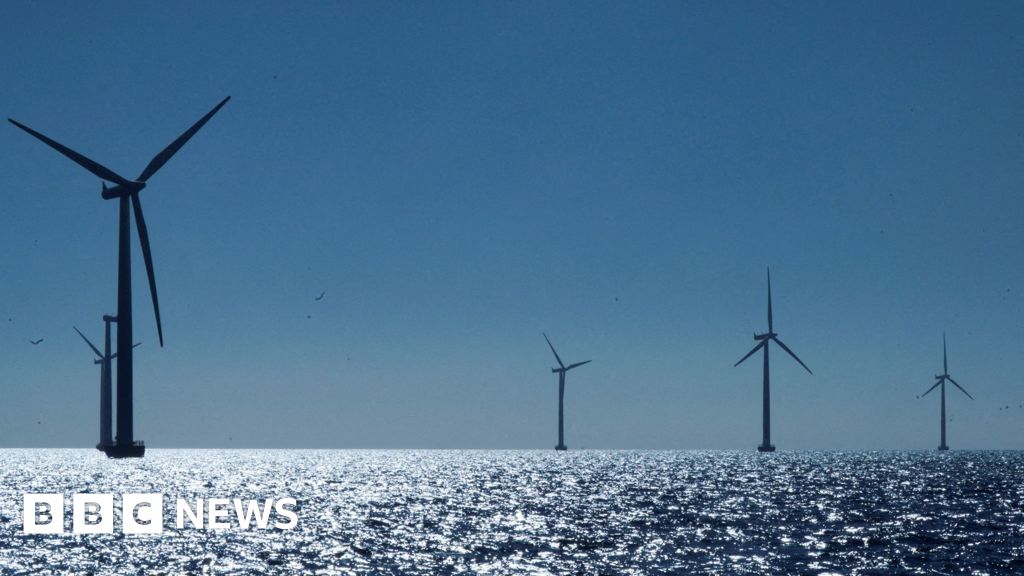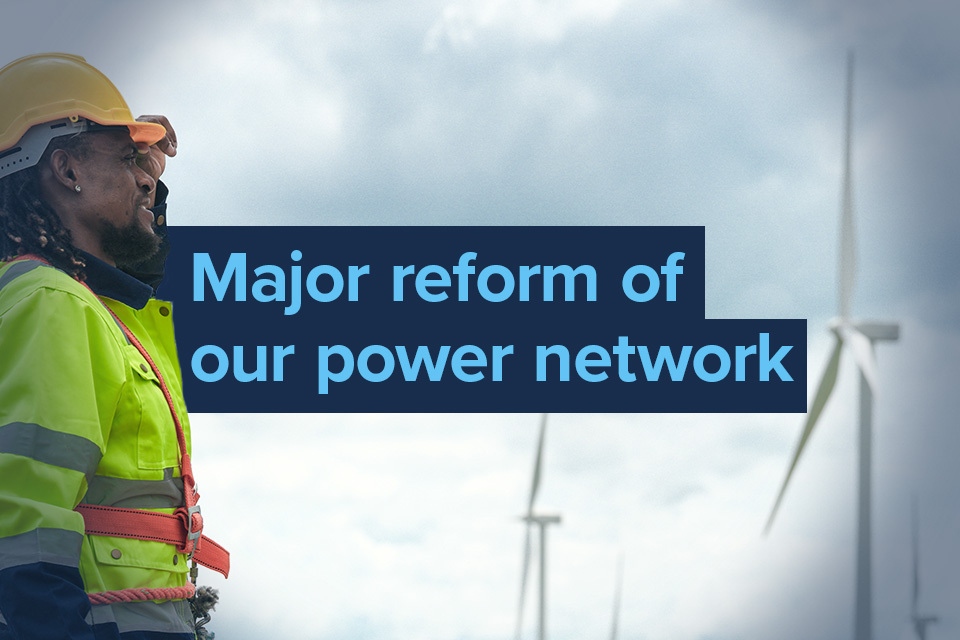




The UK government's announcement of a £960 million investment and significant reforms to the power network to boost green industries has received a mixed response from various stakeholders. The International Investors Group on Climate Change (IIGCC) acknowledges the importance of improving grid connectivity and providing investment in green industries but believes that the measures outlined in the Autumn Statement are not comprehensive enough to address the climate crisis. The IIGCC highlights the government's promise to reduce grid access delays and allocate funds for a green industries growth accelerator as positive steps. However, they emphasize the need for a more comprehensive industrial strategy to attract sufficient investment in green industries. The investment community is eagerly awaiting more detailed decarbonization pathways for key sectors in the UK economy to make long-term investment decisions [b4ac4a9f]. Researchers from the Institute for Public Policy Research (IPPR) have also called for a long-term plan to harness the UK's competitive advantage in green industries in order to reach net zero and reverse manufacturing decline. The IPPR's research found that the UK is already a world-leading presence in making a third of the 143 products needed in technologies to deliver net zero, including electric trains, heat pump components, and turbines for geothermal or hydro electricity generation. The think tank has urged the government to adopt a long-term strategy to support these sectors and kickstart domestic manufacturing of wind turbines, electric vehicles, and heat pumps. The IPPR claims that this approach could boost the economy in left-behind regions of the UK and traditionally industrialized areas of Scotland and Wales. The plan has received support from manufacturers' organization MakeUK and the Confederation of British Industry (CBI) [a81e08fb]. Despite the mixed response from the IIGCC, the UK government remains committed to achieving its climate goals and driving sustainable economic growth through investments in green industries and the modernization of the power network. The reforms aim to not only strengthen energy security but also position the UK as a global leader in low carbon energy. The government expects this investment to bring forward £90 billion of additional investment over the next decade, further driving the growth of green industries in the UK [a9872946].
Labour's manifesto includes the creation of GB Energy, a publicly-owned clean power company, to invest in renewable energy projects. The company will partner with industry and trade unions to co-invest in leading technologies and deploy local energy production. The target is to install 20,000 clean power projects, including onshore wind, solar, and hydropower projects. GB Energy will be capitalized with £8.3bn over the next parliament. However, it is unlikely to be the lead developer and may not significantly impact private funds already invested in renewable power. The success of GB Energy in cutting energy bills is dependent on the price of fossil fuels and the form of renewable energy. The model for GB Energy is similar to state-owned energy companies in France, Denmark, and Norway. The Conservative-LibDem coalition previously set up the Green Investment Bank, which was later sold off. Labour argues that government intervention is necessary to stimulate growth in the green economy and achieve climate change commitments [9d3272ed].
The CEO of the CBI warns that separating the economy from net zero is risky and that the next government must be pro-green to achieve pro-growth. The impact of climate change is already evident in soil, air quality, and weather patterns. The UK must not separate the economy from net zero and must act early to avoid a hit to GDP. The UK has fallen behind France and Germany in overall green investment. The next government must make green growth part of the investor pitch for brand Britain and establish a new Office for Net Zero Delivery. A Net Zero Investment Plan is needed to ensure the flow of money and crowd in private finance. Backing innovation and scaling up green tech is crucial. Rapid grid upgrades are necessary to achieve net zero and green growth. Trust is needed from politicians to restore public support for the energy transition [347ac1ff].